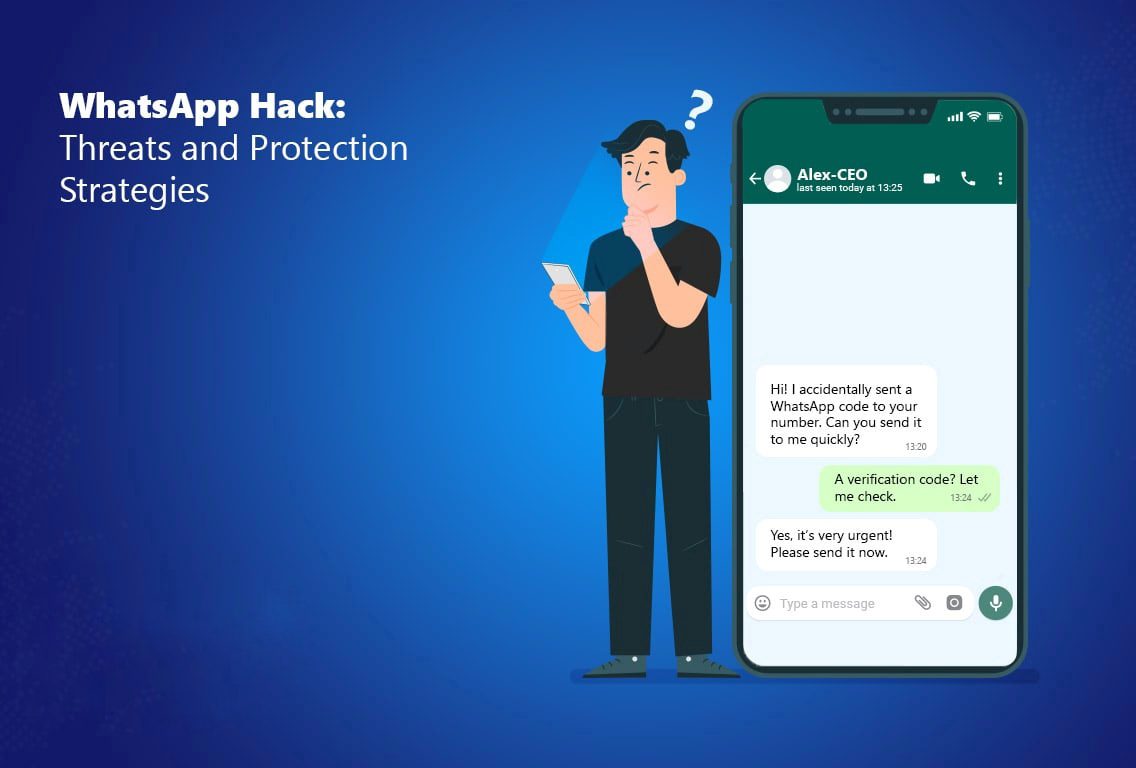
In business, time is money. When some people hear that phrase, they might only think about how to shorten the amount of time it takes to complete a job. While that’s certainly a beneficial mindset, you might also think about all the ways a business can waste time.
Miscommunication, lack of oversight, and outdated practices can burn through time, and therefore money, in a big way. The common denominator in all these business mishaps is organization. Here are three tips for organizing your business that can pay off in both the long and short term.
Contents
1. Use Technology For Scheduling
Using technology for scheduling is far more than just using an electronic calendar. That isn’t to say that an electronic or online calendar isn’t a massive improvement over a hard copy. With hard copy calendars, the biggest problems are access, updates, and reminders. With an online calendar, you can check and update your calendar across multiple devices and set reminders to alert you to upcoming events. All those features are great, but finding mutual available time slots between multiple parties typically isn’t included.
That’s where a meeting scheduler can come in handy to help keep everyone’s business schedules organized. This technology can compare multiple calendars and find mutual availability. Another feature is the ability to provide current or potential clients with a link to your calendar so they can self-schedule.
Using technology for scheduling can lower the risk of human error. It can also make the scheduling process more efficient by limiting the amount of back and forth communication between parties. And as an added bonus, it incentivizes all employees and executives to keep their electronic calendars current.
2. Don’t Overload Supervisors
Especially once a business starts expanding, it’s nearly impossible for a business owner to oversee every aspect and function. And truthfully, anyone who tries to do so runs the risk of being a dreadful micromanager who impedes employees from their work. That’s why creating a strong personnel organization system with great supervisors is advised. But sometimes it’s tempting to spread your supervisors too thinly, and that’s when errors and inefficiencies get overlooked.
An effective supervisor has a clear pulse on everything going on within their purview. They should know at any given time how the individuals who work under them are performing. They should also be aware of what processes are running smoothly and which ones are not efficient or effective.
It’s usually a good idea to not overload a single person with more than 5-10 direct reports. The ideal number will, of course, vary by industry and supervisory responsibility scope.
After all, a warehouse supervisor might be able to practice effective oversight with more people than a remote sales supervisor. You have to consider if the supervisors work in the same physical location as the individuals they manage. Also, are they double checking individual work or just monitoring the progress and outcome of projects as a whole?
The point is that you can’t put too many individuals under one supervisor. If you do so, then the supervisors will likely just be looking for major issues; they won’t have time for anything else. That severely limits their capacity for honing in on the all-important pulse of their team. That attention to detail makes it possible for supervisors to catch problems early on rather than dealing with disasters later.
3. Regulate Correspondence
When you think of important information being distributed, official memos and legal documents come to mind. In the business world, however, it’s very common for vital information and project communication to get passed around through emails and instant messenger. That can make it difficult to reference information and communication at a later time.
To keep your information and correspondence organized, you should put policies in place for the sake of consistency. For example, let’s say you’re a construction firm that uses a project management program such as ClickUp to keep on top of jobs.
You could require all project updates to be tracked within the program rather than spread across emails and texts. This way, all the information is in a centralized location that necessary parties can access. All too often someone is left out of a group text or email string and doesn’t have access to what they need. And unfortunately, miscommunication or lack of communication can bring a project to a standstill.
Another option is to require that all attachments be sent through email rather than through instant messaging. Whatever you decide, make sure the rules are clear and enforced for everyone. That way, theoretically, even if someone leaves the company you will know where to find any documents and correspondence they were responsible for.
Time Now Saves Time Later
There is something to be said for going with the flow and not overthinking things too much. However, in business, not putting any thought toward how major processes are organized can cause huge problems.
Sure, it might not be a big deal when you first get started. But once your small business starts to grow beyond a few employees, good organization at the outset will pay off in spades later. It’s far easier to get things streamlined and regulated while you’re small rather than reorganizing and retraining later.






